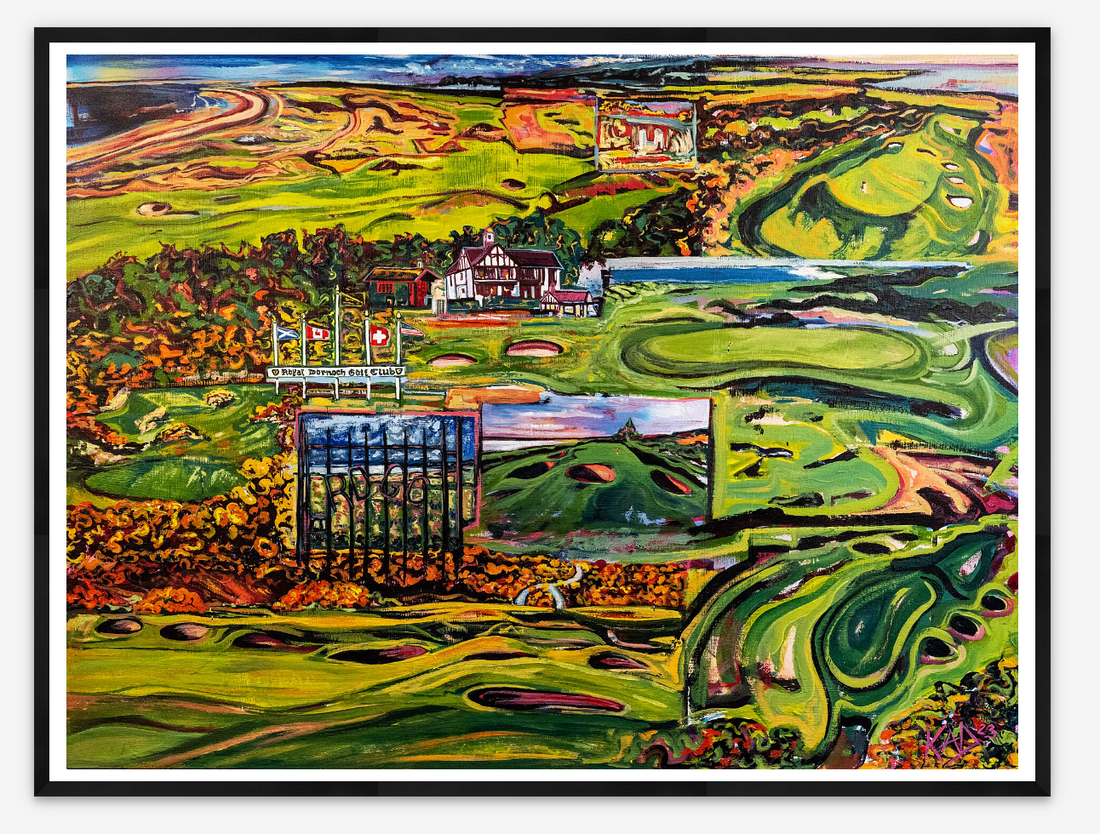Art has been an integral part of human civilisation for centuries, serving as a means of expression, reflection, and communication. From the earliest cave paintings to contemporary digital masterpieces, art has played a pivotal role in shaping our culture, history, and individual experiences. In this blog post, we will delve into the many reasons why art is important, both for individuals and society as a whole
Self-Expression and Emotional Release
Art offers a unique platform for individuals to express their thoughts, emotions, and experiences. Whether through painting, sculpture, music, dance, or any other medium, artists can convey their innermost feelings and ideas. For the creator, this act of self-expression can be a therapeutic release, helping to process complex emotions and communicate what words alone cannot.
Stimulating Creativity and Innovation
Engaging with art stimulates our creativity. It encourages us to think outside the box, question the status quo, and explore new perspectives. This creative thinking often spills over into other areas of our lives, fostering innovation and problem-solving skills. The ability to approach challenges with a creative mindset is an invaluable asset in today's fast-paced, ever-changing world.
Cultural Understanding and Preservation
Art is a rich tapestry of cultures, traditions, and histories. It serves as a mirror reflecting the values, beliefs, and experiences of a particular time and place. When we study art, we gain insight into the worldviews of different societies, promoting cross-cultural understanding. Additionally, art preserves cultural heritage, ensuring that the stories and traditions of the past are passed down to future generations.
Communication Without Boundaries
Art transcends language barriers. It has the power to communicate complex ideas and emotions universally. Regardless of your native tongue, you can appreciate the beauty and meaning in a piece of art. This quality makes art a powerful tool for connecting with people from diverse backgrounds and sharing ideas that transcend words.
Aesthetic Pleasure
Art is a source of aesthetic pleasure. It engages our senses and evokes powerful emotional responses. The beauty of art, whether it's a stunning painting, a melodious piece of music, or a graceful dance performance, enriches our lives and brings us joy. The aesthetic experience is a vital aspect of our well-being and quality of life.
Social Commentary and Critique
Artists often use their work to comment on and critique societal issues. Whether it's addressing political, environmental, or social concerns, art can be a powerful voice for change. It encourages discussions and debates, prompting us to reconsider our perspectives and attitudes.
Inspiration and Connection
Art inspires us to explore our own creativity and connect with our inner selves. It motivates us to seek beauty in everyday life and find inspiration in unexpected places. Additionally, art has the capacity to forge connections between people, fostering a sense of community and shared experiences.
Conclusion
Art is not just a luxury; it is an essential part of the human experience. It enriches our lives, stimulates our creativity, and encourages cultural understanding. Art is a form of self-expression and a bridge to connect with others. Its importance in our world cannot be overstated. So, next time you encounter a beautiful painting, a soul-stirring melody, or a thought-provoking sculpture, take a moment to appreciate the significance of art in your life and in the world at large.

